In this article I will highlight Best Eco-Tourism Trip Ideas in India State-wise appreciating the natural beauty and the wildlife in India.
Eco-friendly tourism in India has to offer in the form of Kerala’s backwaters, the Himalayas in Sikkim and Himachal Pradesh, and the beaches of the Andaman Islands.
Eco-friendly tourism also has to offer in the form of adventurous activities, cultural immersion, and traveling.
Key Points & Best Eco-Tourism Trip Ideas in India State-wise
| State | Eco-Tourism Highlight |
|---|---|
| Kerala | Backwater cruises in Alleppey & Kumarakom with eco-friendly houseboats |
| Meghalaya | Mawlynnong – Asia’s cleanest village with living root bridges and community-led tourism |
| Sikkim | Village stays with Lepcha communities and organic farming experiences |
| Madhya Pradesh | Tiger tracking on foot in Kanha and Satpura National Parks |
| Tamil Nadu | Auroville – experimental township focused on sustainable living and ecological architecture |
Rajasthan | Desert eco-camps in Jaisalmer promoting water conservation and solar energy |
| Goa | Wildlife sanctuaries like Cotigao and eco-resorts near the Western Ghats |
| Uttarakhand | Eco-lodges in Jim Corbett and community-based tourism in Kumaon villages |
| Himachal Pradesh | Great Himalayan National Park – UNESCO site with guided treks and conservation efforts |
| Andaman & Nicobar Islands | Marine eco-tourism with coral reef conservation and low-impact beach stays |
10 Best Eco-Tourism Trip Ideas in India State-wise
1. Kerala
Kerala, famed as “God’s Own Country,” is an eco-tourism wonder with beautiful backwaters, green hills, and an array of wildlife.
Tourists can visit Thekkady’s Periyar Wildlife Sanctuary and see the elephants and tigers, or enjoy a sustainable homestay in tea plantation Munnar.
The backwaters of Alleppe and Kumarakom offer lovely houseboat rides that merge nature and comfort.
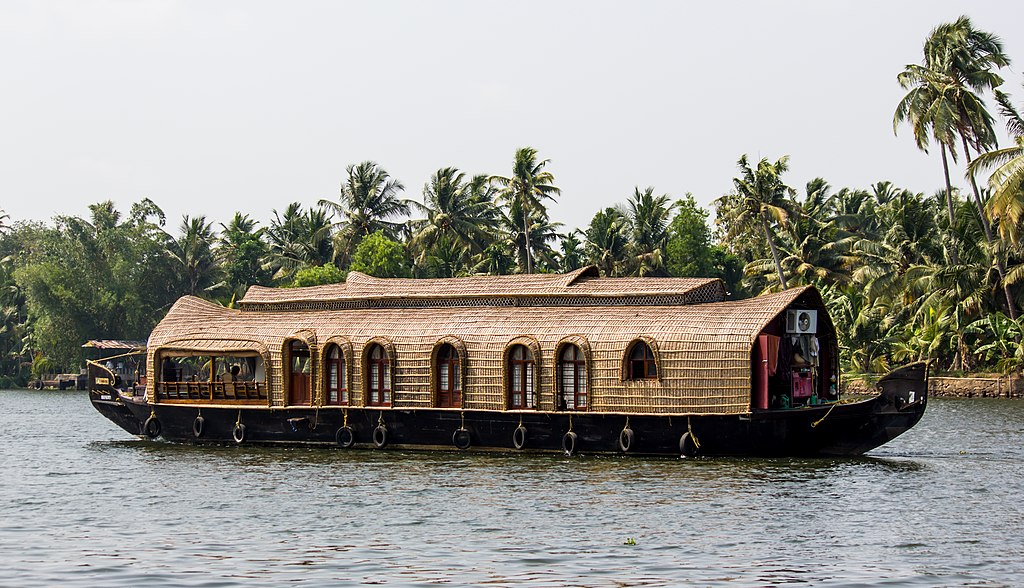
Eco-activities like bamboo rafting, birdwatching, and guided treks are created to be immersive and compatible with the environment.
The state also offers organic farming tours, through which travelers understand the principles of sustainable farming and traditional eco-friendly lifestyles.
| Famous Place | Eco-Tourism Activity | Unique Feature |
|---|---|---|
| Periyar Wildlife Sanctuary, Thekkady | Wildlife safari, bamboo rafting | Tigers, elephants, spice plantations |
| Munnar | Trekking, tea plantation tours | Rolling hills, misty landscapes |
| Alleppey & Kumarakom | Houseboat rides, birdwatching | Backwaters, migratory birds |
| Wayanad | Trekking, waterfall visits | Rainforests, wildlife, caves |
| Thattekad Bird Sanctuary | Birdwatching | Rich diversity of endemic birds |
2. Meghalaya
Meghalaya, the “Abode of Clouds,” is imploring tourists for eco-tourism due to its picturesque landscapes, living root bridges, and stunning, clean waterfalls.
Cherrapunji and Mawsynram, amongst Earth’s wettest locations, host biodiverse greenery, caves, and forests.
Travelers can trek to the famous double-decker root bridges in Nongriat, or visit Mawlynnong, Asia’s cleanest and most eco-friendly village.
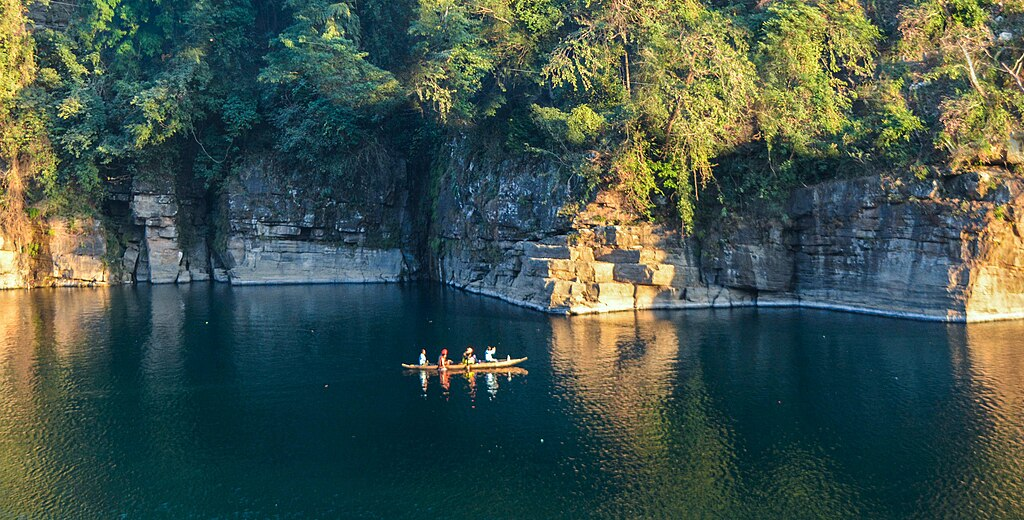
This state promotes and supports community-based and culture friendly tourism where local tribes eco-friendly guided tours.
Travelers can support eco-preservation of Meghalaya’s natural beauty and enhance their experience through birdwatching in Balpakram National Park, cave exploration in Laitlum, and sustainable homestays.
| Famous Place | Eco-Tourism Activity | Unique Feature |
|---|---|---|
| Cherrapunji | Waterfall sightseeing, trekking | Living root bridges, heavy rainfall |
| Mawlynnong | Village eco-tourism | Asia’s cleanest village, community sustainability |
| Nongriat | Trekking, root bridge visits | Double-decker living root bridges |
| Balpakram National Park | Wildlife spotting, trekking | Red panda, wild buffalo |
| Laitlum Canyon | Nature photography, trekking | Scenic cliffs and valleys |
3. Sikkim
Sikkim is the smaller of the Himalayan states but still offers a broad range of eco-tourism choices which include, but are not limited to, from alpine forests to picturesque lakes.
Highly sought after trekking can be done in the Khangchendzonga National Park, a UNESCO World Heritage site, where rare and diverse eco-systems flourish.
In the village of Lachen and Lachung, sustainable homestays help boost responsible eco-tourism as well as provide a cultural and regional experience.

River rafting, birdwatching, and guided hikes are also pitched as eco tourism, as they are designed to have minimal impact on the environment.
Monasteries such as Rumtek and Pemayangtse are also situated in the mountains for visitors to meditate.
| Famous Place | Eco-Tourism Activity | Unique Feature |
|---|---|---|
| Khangchendzonga National Park | Trekking, wildlife safari | UNESCO World Heritage site, Himalayan peaks |
| Lachen & Lachung villages | Homestays, cultural immersion | Organic farming, traditional lifestyle |
| Gurudongmar Lake | Hiking, photography | High-altitude lake, snow-capped surroundings |
| Yumthang Valley | Trekking, flora exploration | Alpine meadows, wildflowers |
| Rumtek & Pemayangtse Monasteries | Eco-cultural tours | Monasteries nestled in nature |
4. Madhya Pradesh
Madhya Pradesh is known as the heart of India for a reason. It is an ideal location for eco-tourism as the state is home to vast forests, wildlife sanctuaries, and tribal villages.
Responsible wildlife safaris aimed at the conservation of tigers, leopards, and other wildlife can be done at Kanha, Bandhavgarh, and Pench National Parks.
Eco-tourists can visit tribal villages in the Bastar region where they can practice sustainable crafts and learn about local farming.
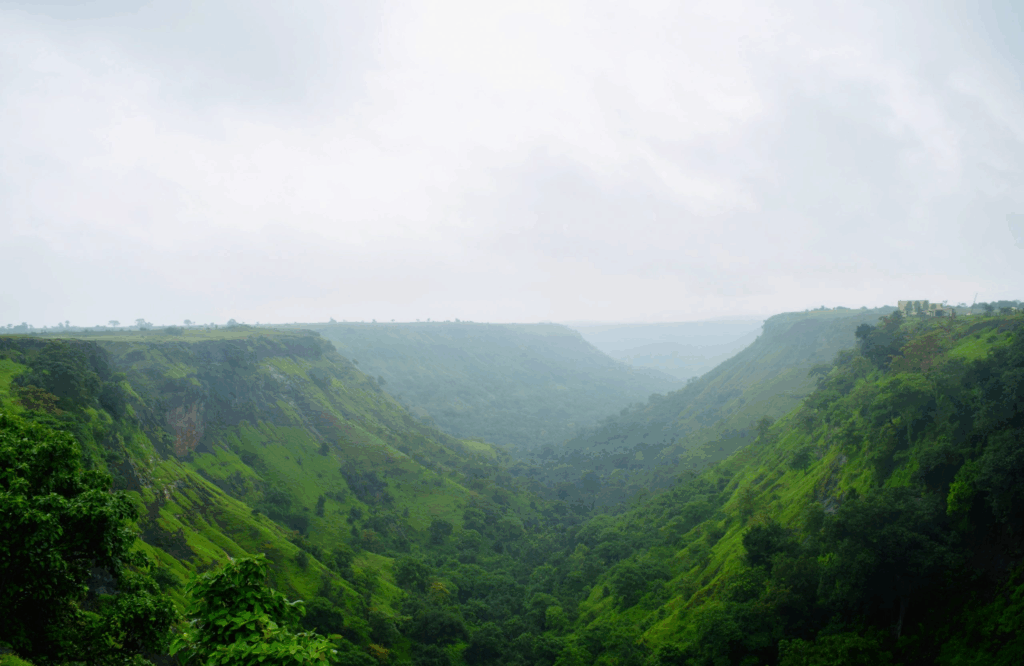
In the region of Pachmarhi, India’s only hill station, there are river cruises and trekking routes, and the state as a whole has many nature trails.
Eco-tourism in the state is made even better through community-based tourism where visitors are able to stay in eco-lodges. This allows Madhya Pradesh to be a complete eco-tourism destination.
| Famous Place | Eco-Tourism Activity | Unique Feature |
|---|---|---|
| Kanha National Park | Tiger safari, guided trails | Tiger reserve, lush forests |
| Bandhavgarh National Park | Wildlife safari, photography | Dense tiger population, historic fort |
| Pachmarhi | Trekking, waterfalls | Satpura hill station, caves, forests |
| Pench National Park | Safari, birdwatching | Eco-lodges, diverse wildlife |
| Bastar tribal villages | Cultural tours, eco-homestays | Indigenous crafts, sustainable living |
5. Tamil Nadu
Tamil Nadu harmonizes eco-tourism with culture, driven by its hills, forests, and wildlife species. Guided safari tours are organized at the Nilgiri biosphere reserve and Mudumalai National Park
Home to protecting elephants, tigers, and endangered species. Kodaikanal and the Western Ghats offer eco-friendly trekking and camping to encourage environmentally sustainable tourist practices.
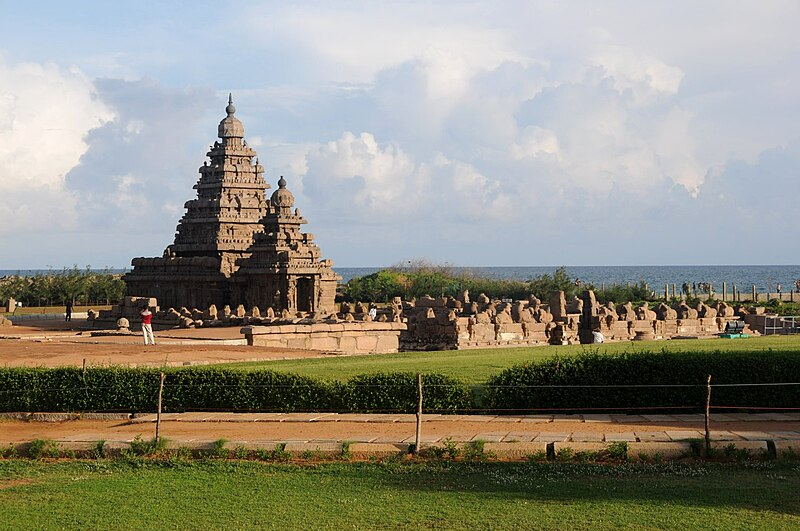
Visitors enjoy birdwatching at the Vedanthangal Bird Sanctuary and boating in the Pichavaram Mangroves to experience the state’s diverse ecosystems.
The state’s eco-resorts and homestays based on sustainable practices encourage responsible tourism and preserve state resources.
Escaping to Tamil Nadu is a perfect opportunity to experience a memorable culture and wildlife and eco-tourism.
| Famous Place | Eco-Tourism Activity | Unique Feature |
|---|---|---|
| Mudumalai National Park | Safari, wildlife spotting | Tigers, elephants, endemic species |
| Nilgiri Biosphere Reserve | Trekking, camping | Biodiverse hills, Western Ghats |
| Vedanthangal Bird Sanctuary | Birdwatching | Migratory and local birds |
| Pichavaram Mangroves | Kayaking, eco-boating | Extensive mangrove ecosystem |
| Kodaikanal | Trekking, eco-resorts | Hill station, lakes, forested trails |
6. Rajasthan
Rajasthan is more than just forts and deserts; it is home to eco-tourism activities focusing on the conservation of deserts and wildlife.
Jaisalmer promotes eco-camps and sustainable camel safari tours which allow interaction with the deserts while minimizing environmental consequences.
Ranthambore, Sariska, and Desert National Parks offer responsible wildlife safari tours to view tigers, antelopes, and migratory birds.

Eco-tourism villages like Sam or Khichan invite guests to integrate local conservation initiatives and sustainable water management.
Rajasthan’s heritage accommodations are also no exception, as they integrate eco-friendly solar power and other technologies.
Travelers seeking eco-sustainable adventure enjoy trekking in the Aravalli hills, birdwatching, and rural participation. All help to maintain and revitalize cultural heritage.
| Famous Place | Eco-Tourism Activity | Unique Feature |
|---|---|---|
| Thar Desert | Camel safari, desert camping | Sand dunes, desert wildlife |
| Ranthambore National Park | Safari, photography | Tigers, historic fort |
| Sariska Tiger Reserve | Safari, eco-trails | Tiger conservation, forested hills |
| Sam & Khichan villages | Village eco-tourism | Birdwatching (Sarus cranes), sustainable lifestyle |
| Aravalli Hills | Trekking, nature walks | Scenic hills, biodiversity hotspot |
7. Goa
Besides its magnificent beaches, Goa has an eco-tourism potential owing to its greenery, wildlife, and river systems.
Eco-tourism includes the Bhagwan Mahavir Wildlife Sanctuary, Mollem National Park, and Salim Ali Bird Sanctuary, where the focus is on the conservation of diverse species.
Goa has also achieved sustainable water tourism with eco-friendly river cruises along the Mandovi River and kayaking in the mangroves.
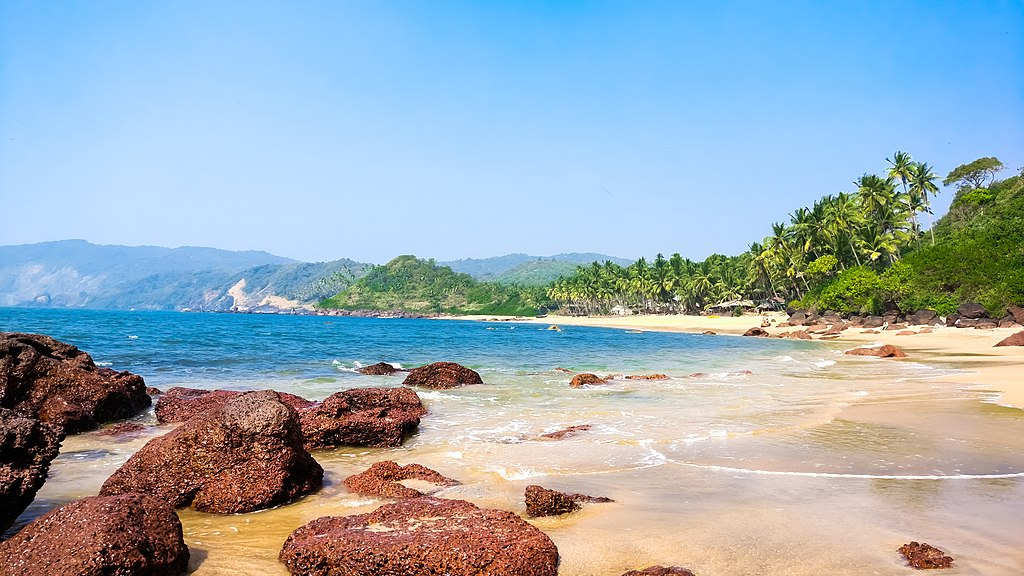
Travelers can engage in sustainable tourism on organic farms and spice plantations in Ponda. Goa has also developed eco-resorts, homestays, and community tourism
Which helps in community development and tourism. For enjoyment of tourism in Goa beyond the beaches, there is responsible trekking, birdwatching, and cycling.
| Famous Place | Eco-Tourism Activity | Unique Feature |
|---|---|---|
| Bhagwan Mahavir Wildlife Sanctuary | Safari, trekking | Dense forests, rich wildlife |
| Mollem National Park | Hiking, eco-trails | Flora and fauna diversity |
| Salim Ali Bird Sanctuary | Birdwatching, photography | Mangroves, migratory birds |
| Mandovi River | Eco-cruises, kayaking | River ecosystem, scenic views |
| Spice plantations, Ponda | Organic farm tours | Sustainable agriculture, local spices |
8. Uttarakhand
Uttarakhand “The Land of Gods” provides eco tourism opportunities with its Himalayan mountains, rivers and forests, Natal aslo promotes eco-friendly trekking.
Jim Corbett National Park and Rajaji National Park provide tiger safaris while follwoing a strict conservation for safaris.
Community based homestays in eco tourism and sustainability inviting culture of the village Pangot and Kanatal are great additions.
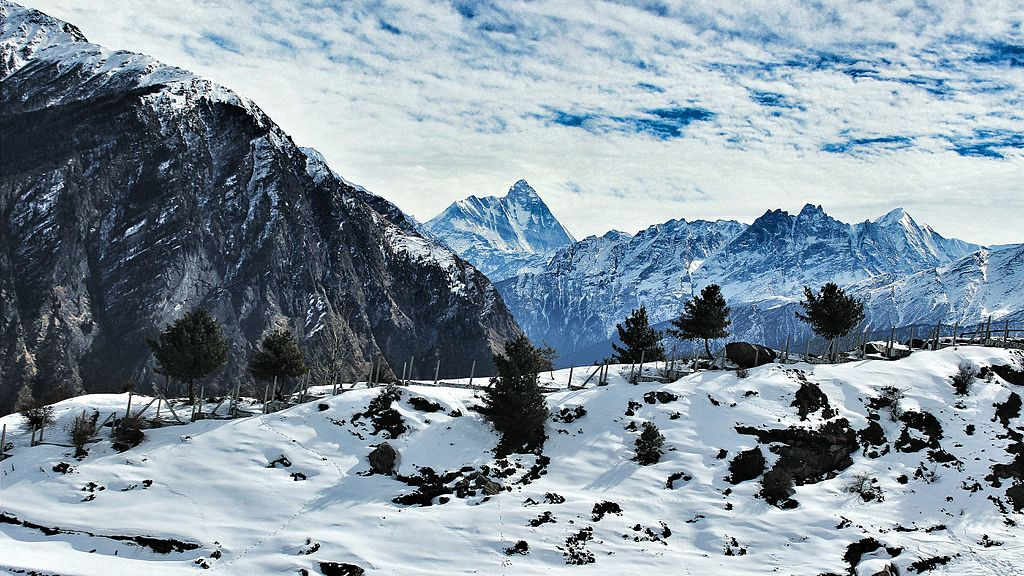
For eco-friendly tourism, a range of adventure activities are provided, such as river rafting in Rishikesh and paragliding in Mukteshwar and birdwatching.
Eco tourism in Uttarakhand promotes the use of organic farming, waste management, and the use of renewable energy so travelers can enjoy nature and help the environment and local community at the same time.
| Famous Place | Eco-Tourism Activity | Unique Feature |
|---|---|---|
| Jim Corbett National Park | Tiger safari, wildlife tours | India’s first national park |
| Valley of Flowers | Trekking, flora exploration | UNESCO site, alpine flowers |
| Rajaji National Park | Safari, birdwatching | Elephants, rhinos, biodiversity |
| Rishikesh | River rafting, camping | Adventure with eco-friendly practices |
| Kanatal & Pangot villages | Homestays, birdwatching | Himalayan village immersion |
9. Himachal Pradesh
Himachal Pradesh provides eco-tourism opportunities in the Himalayan valleys, rivers, and forests. Eco-friendly trekking, camping, and adventure sports are available in Manali, Dharamshala, and Spiti.
Great Himalayan National Park is a UNESCO site that offers guided conservation-focused treks and protects rare species.
Cultural immersion along with a minimal environmental impact can be experienced in the eco-sustainable homestays that are found in the village Tirthan and Kullu.

Eco-conscious operators ensuring protection of local ecosystems offer river rafting, paragliding, and bird watching activities. Renewable energy, organic farming, and waste management are tourist area priorities.
The combination of adventure, natural beauty, and responsible tourism employed Himachal Pradesh to offer a holistic eco-tourism experience.
| Famous Place | Eco-Tourism Activity | Unique Feature |
|---|---|---|
| Great Himalayan National Park | Trekking, wildlife safari | UNESCO World Heritage, endemic species |
| Manali | Trekking, camping, adventure sports | Himalayan valleys, rivers |
| Dharamshala | Cultural eco-tours, trekking | Tibetan monasteries, nature trails |
| Spiti Valley | Trekking, eco-lodges | Cold desert, high-altitude wilderness |
| Tirthan & Kullu villages | Homestays, river activities | Sustainable village tourism |
10. Andaman & Nicobar Islands
These islands are known for their eco-tourism as they contain mangroves, dense forests, and eco tourism soil. Havelock and Neil Islands have eco-resorts and snorkelling and scuba diving sessions which are marine dependent.
Responsible marine wildlife tourism is available and encouraged at the Mahatma Gandhi Marine National Park and Ritchie’s Archipelago.
Community engagement and culture focus on the and encourage responsible wildlife view in sustainable fishing and waste maintenance.
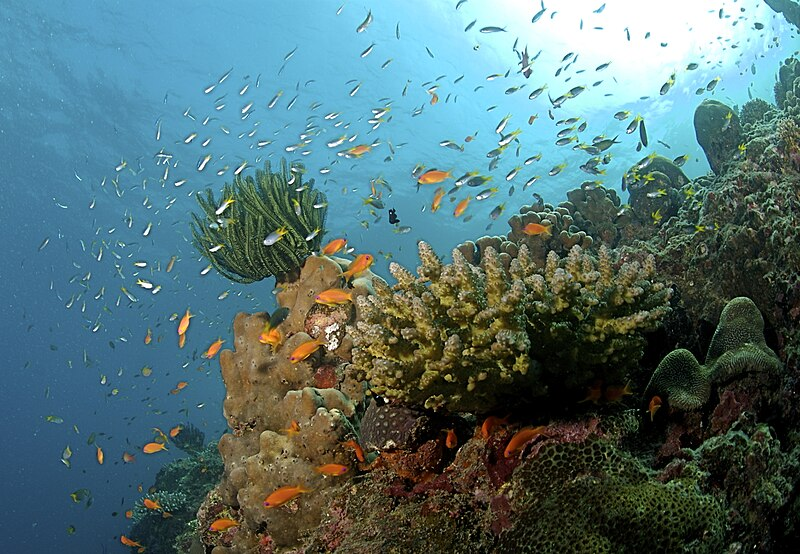
The islands are also rich in biodiversity which can be appreciated by trekking and visiting beaches. Eco tourism ensures minimal impact on the environment, leaving the eco tourism soil and corals protecting eco tourism.
These islands offer a combination of eco tourism in adventure, relaxation and sustainable.
| Famous Place | Eco-Tourism Activity | Unique Feature |
|---|---|---|
| Havelock & Neil Islands | Snorkeling, scuba diving | Coral reefs, crystal-clear waters |
| Mahatma Gandhi Marine National Park | Eco-diving, wildlife tours | Marine biodiversity, coral conservation |
| Ritchie’s Archipelago | Trekking, birdwatching | Pristine, secluded islands |
| Local fishing villages | Community eco-tourism | Sustainable fishing, cultural immersion |
| Forested interiors | Trekking, nature photography | Mangroves, tropical forests, endemic species |
Conclsuion
To sum up, India provides different eco-tourism opportunities in different states–from the backwaters of Kerala to the coral reefs of the Andaman Islands.
Every area merges scenic beauty with eco-friendly travel practices, permitting tourists to discover the region’s wildlife.
Eco-tourism in India covers exceptional practices preserving the eco-systems and supports wildlife protection, providing culturally and ethically deep travel experiences.
FAQ
What is eco-tourism in India?
Eco-tourism focuses on responsible travel to natural areas, conserving the environment, and supporting local communities.
Which state is best for backwater eco-tourism?
Kerala is famous for its serene backwaters and houseboat experiences.
Where can I see living root bridges?
Meghalaya, especially Cherrapunji and Nongriat, is known for its living root bridges.
Which state offers Himalayan eco-tourism?
Sikkim, Uttarakhand, and Himachal Pradesh provide trekking, wildlife, and alpine experiences.
Where can I spot tigers in India?
Madhya Pradesh (Kanha, Bandhavgarh, Pench) and Rajasthan (Ranthambore, Sariska) are top tiger reserves.
